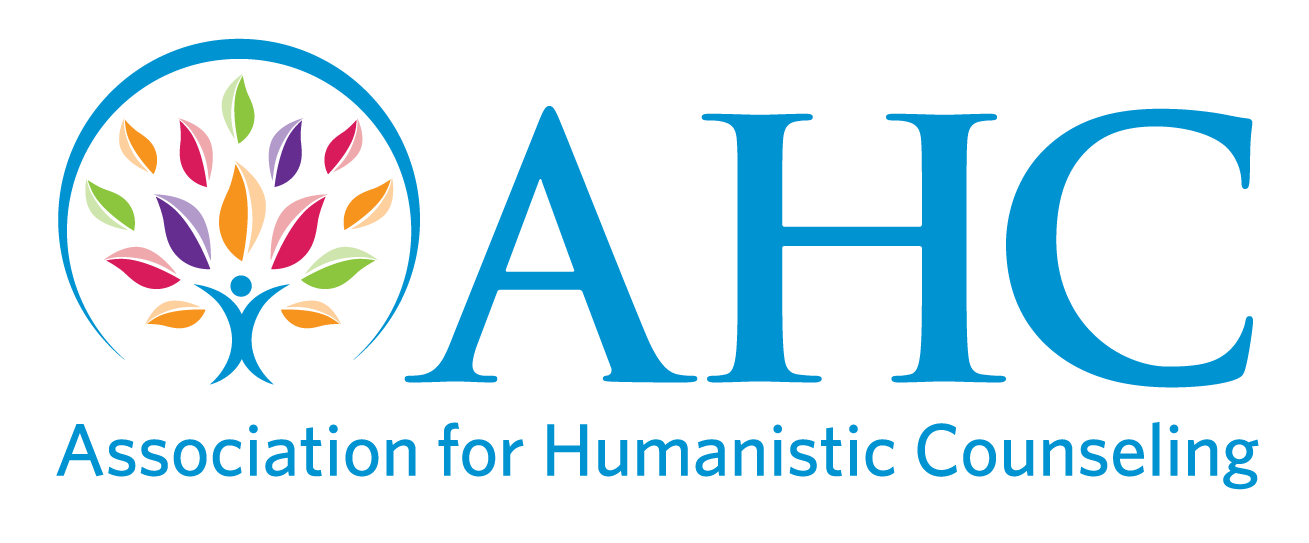Achieving Personhood: One Counselor’s Evolution into Humanistic Self
By Christina Woloch, M.A.Ed.., LPC, LICDC
My passion for serving others, as an advocate for the unheard, is longstanding. However, it was not until a previous experience with a culturally diverse individual from a historically marginalized population, who was dealing with substance use disorder and major depressive disorder, that I was provided with an opportunity to gain profound insight and perspective into the humanistic counseling needs of diverse populations.
In learning of his experiences with unsuccessful counseling rehabilitation efforts, homelessness, imprisonment, suicide attempts, and treatment of his mental illness, I first became aware of the many disparities that exist for marginalized populations within modern day society. These include reduced access to affordable, culturally, and linguistically competent providers, having to combat mental health stigma, and the experience of bias and discrimination in treatment settings. This powerful experience served as a catalyst in my life, over a decade ago. The experience inspired me to change my career trajectory and seek out opportunities to address social injustices and causes of inequity that relate to counseling.
As I reflect on my humble beginnings in the profession as a humanistic counselor, I recall a pivotal moment I shared with a supervisor. During a discussion I was asked to identify the roles or more simply stated, the many ‘hats’ I wear. A vision of my crowded monthly planner flashed immediately in my mind. Now this was a question I could answer! Using my fingers to keep tally, I quickly rattled off the titles of counseling student, counselor, educator, researcher, supervisor in training, graduate assistant, social justice advocate, and committee member. I also mentioned more intimate roles, such as mother, sister, daughter, and clergy member. My supervisor remarked, “In all of these roles, are you the same person?” I paused. “When you can offer an affirmative response,” he continued, “you have fully achieved personhood.”
What does it truly mean be human? How does one accomplish this across the vastness of life? Almost six years later, these thoughts still resonate in my mind. To uncover ‘who I am’ was to recognize the interconnectedness between my heart and my head (Friedersdorf, 2015). My head calls upon me to understand, develop, and to work collectively through things, while my heart asks that the complexities of humanity be addressed in a different way (Friedersdorf, 2015). My heart encourages me to show genuine care for the well-being of others by celebrating their individuality. It also inspires me to cultivate an environment where diversity can flourish. Echoing the call of Carl Rogers, I hold a steadfast belief that every individual possesses the resources for their own healing and personal growth. Therefore, my holistic efforts in various systemic platforms focus on the integration of the core conditions of congruence, empathic understanding, acceptance, authenticity, and unconditional positive regard. Guided by such humanistic principles, I endeavor to understand the unique experience of each individual; which I consider to be unequivocally multiculturally encapsulated. This includes working to understand how a person makes meaning of their life experiences and their perceptions of gender, race, ethnicity, and other aspects of their personal identity. While in my multifaceted roles in the counseling profession, I pledge to be an agent of social change, working to alleviate oppression, discrimination, and privilege through activism, advocacy, and service. By embodying this sense of social responsibility, I seek to promote the dignity of human beings and furthermore, engage in the celebration of the richness of every individual experience as a humanistic counselor.
References
Friedersdorf, C.F. (2015, March 15). What it means to be fully human: Profound words from an advocate for the mentally disabled. The Atlantic.
https://www.theatlantic.com/international/archive/2015/03/what-it-means-to-be-fully-human/387550/
